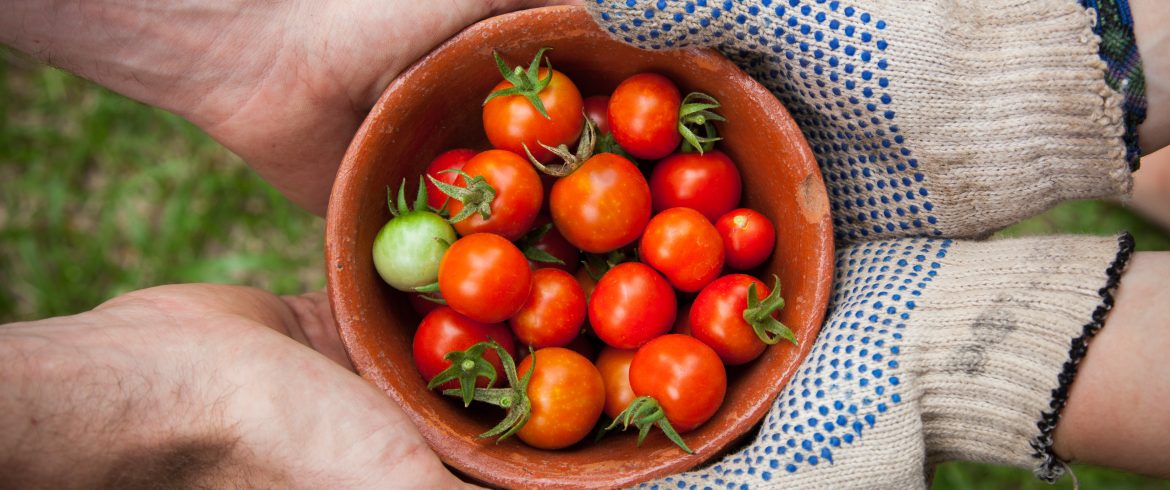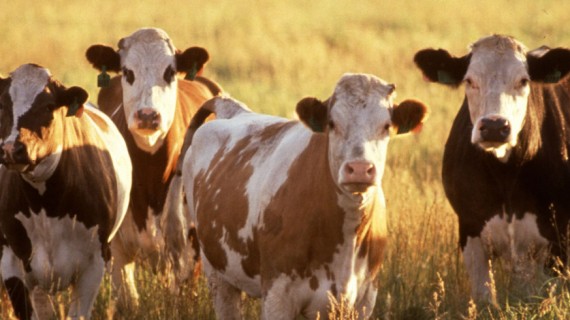Eating less meat to save the planet? The idea is supported also from the recent report on Climate Change and Land
“Save the planet” is the battle cry of the younger generations, worried about climate change. Whoever would have said that this challenge can be overcome by changing our eating habits, consciously choosing what we eat every day. Reducing the consumption of meat (especially red meat) and favoring a diet rich in legumes, vegetables, and fruit is one of the main actions to be taken in order to limit the damage caused by global warming and try to solve this difficult condition facing the Earth.

This was suggested by the intergovernmental body of the United Nations, the Intergovernmental Panel on Climate Change (hereafter IPCC), which is in charge of drafting scientific reports on global warming.
On August 8, 2019, the IPCC published a special report on climate and soil, which indicates vegetable-rich diets as an opportunity to mitigate greenhouse gas emissions, and consequently climate change, and which also urges governments to undertake policies for reducing meat consumption.
“We don’t want to tell people what to eat,” says Hans-Otto Pörtner, ecologist and co-director of the IPCC working group on impacts, adaptation and vulnerability. “But it would be really useful, both for the climate and for human health, if people in many rich countries consumed less meat and if politicians created adequate incentives in this regard.“
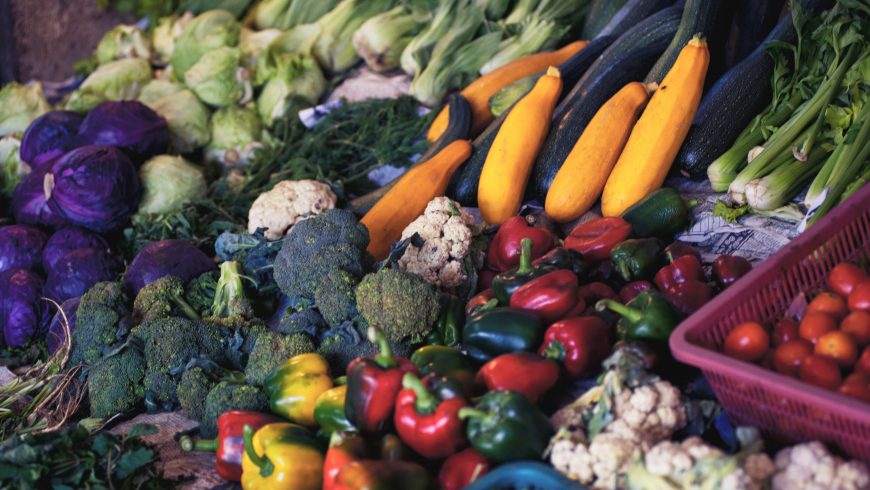
Why is human nutrition so important to reduce greenhouse gas emissions?
The point is in the global and intensive use of the soil for food production. Generally, attention is focused more on the production of CO2 generated by fossil fuels, but activities linked to the exploitation of territory, such as agriculture and livestock, produce almost a quarter of the greenhouse gases that trap heat inside the atmosphere and which cause global warming.
This latest IPCC report highlights how important changing land-use policies is to prevent the Earth’s average temperature from rising above pre-industrial levels by 1.5°C – an objective of the agreement ratified in Paris in 2015.
The report shows that forests are vital to absorb CO2 from the air and therefore need to be safeguarded and preserved. However, the policies on the deforestation of some states raise concerns, as the amount of livestock farming emissions from deforested areas is particularly high.
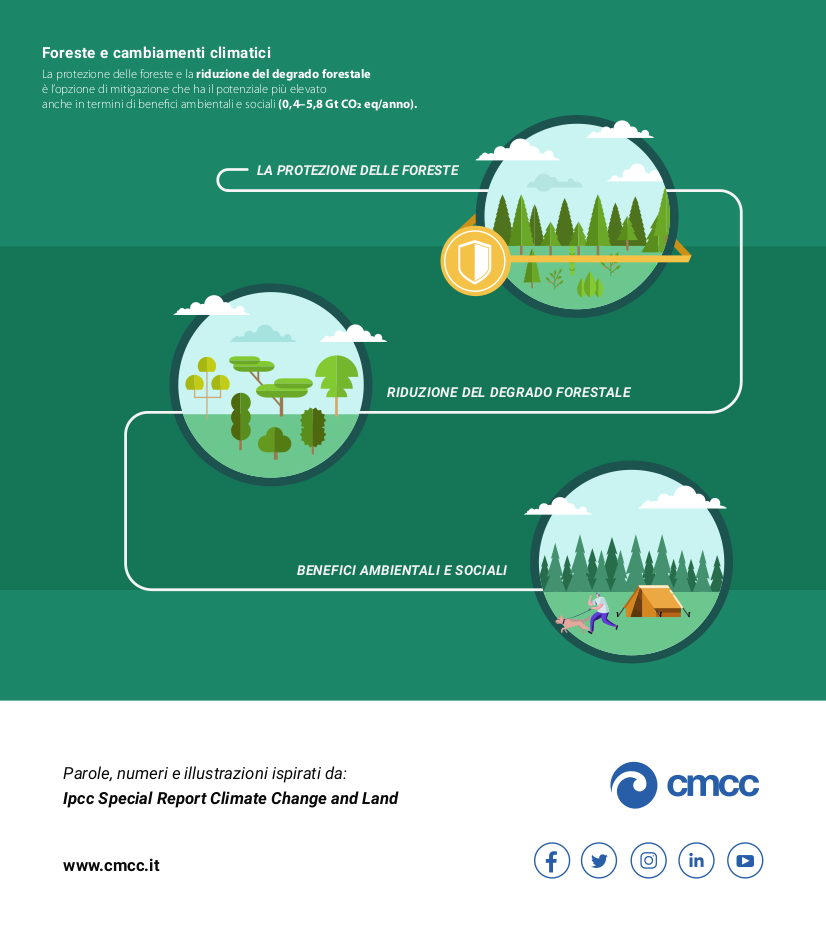
How would a vegetarian or vegan diet help to reduce climate change?
The emissions of greenhouse gases, caused by the production of a type of food, together with the more or less intensive use of soil and water, vary according to the practices adopted for production. Balanced diets containing all the macro-nutrients of plant and animal origin, but produced in a sustainable manner, would have advantages for human health and for the health of the planet Earth.
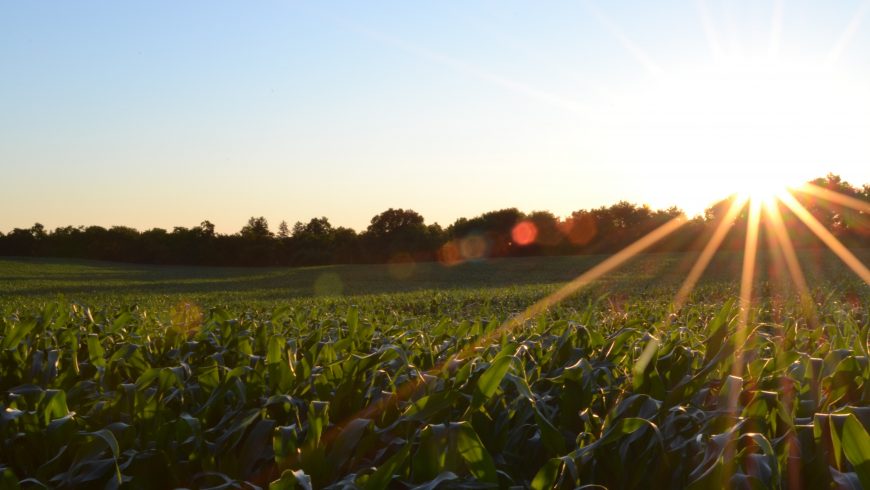
It is a fact, however, that foods of plant origin have less impact on the environment than those of animal origin. It is above all the food production method that affects the environment and climate.
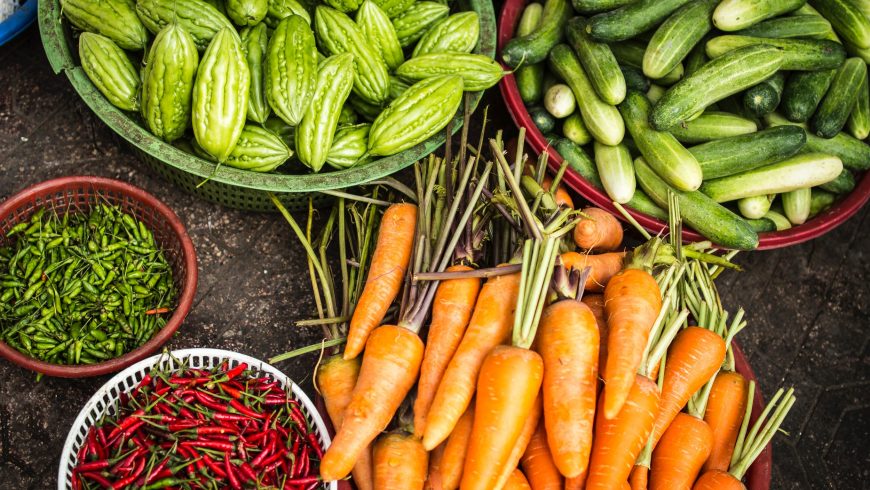
The environmental impact caused by the production of a certain food depends on the production methods observed. There are therefore alternatives for omnivores who do not want to give up meat completely. Many companies are engaged in non-intensive animal breeding, thus reducing the amount of carbon dioxide produced.
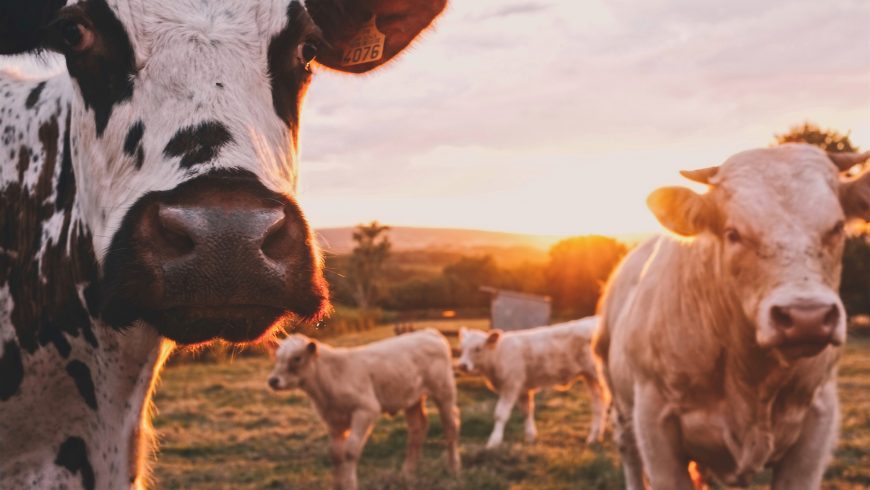
Studies conducted by two Oxford University researchers, Joseph Poore and Thomas Nemecek, has shown that the production of 100 grams of bovine-derived proteins – with high environmental impact – creates the equivalent of around 100 kilos of CO2 and uses 370 m2 of land, while the production of low impact beef would have values of 12 and 50 times lower… values, however, much higher than the production, for example, of peas. Even with low environmental impact, beef would produce 6 times more emissions than legumes.
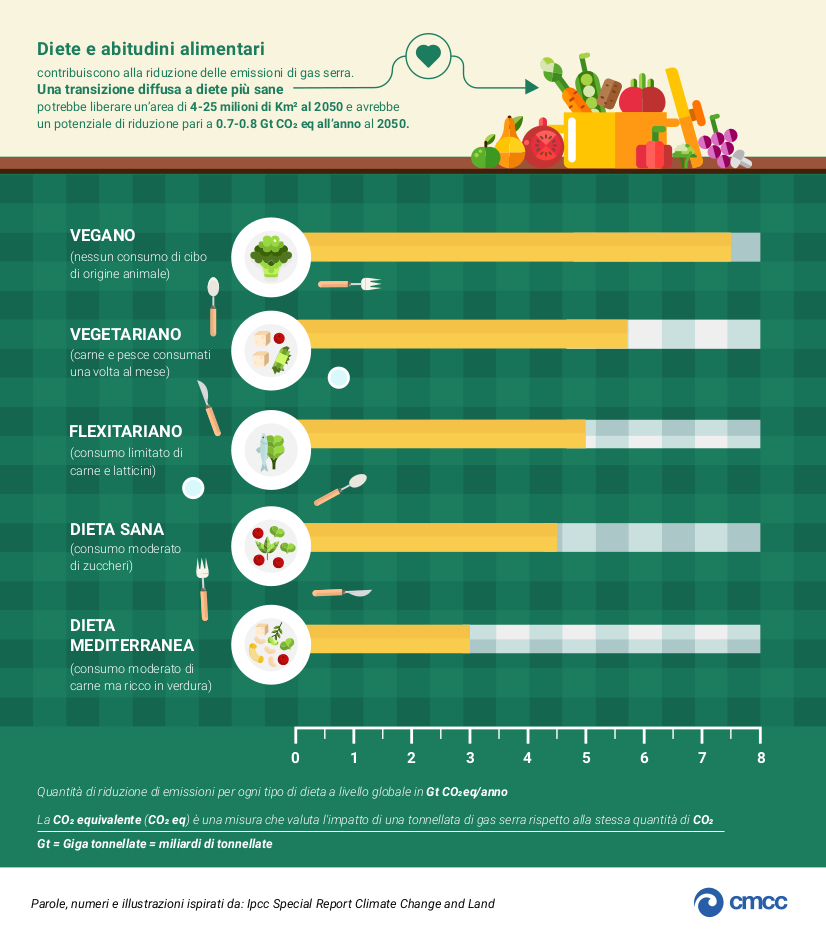
By the middle of the century, dietary changes could reduce global carbon dioxide emissions by up to 8 billion tons a year.
Good news for our planet and it would be enough to give up burgers and barbecues from time to time.
Cover image: photo by Elaine Casap on Unsplash
